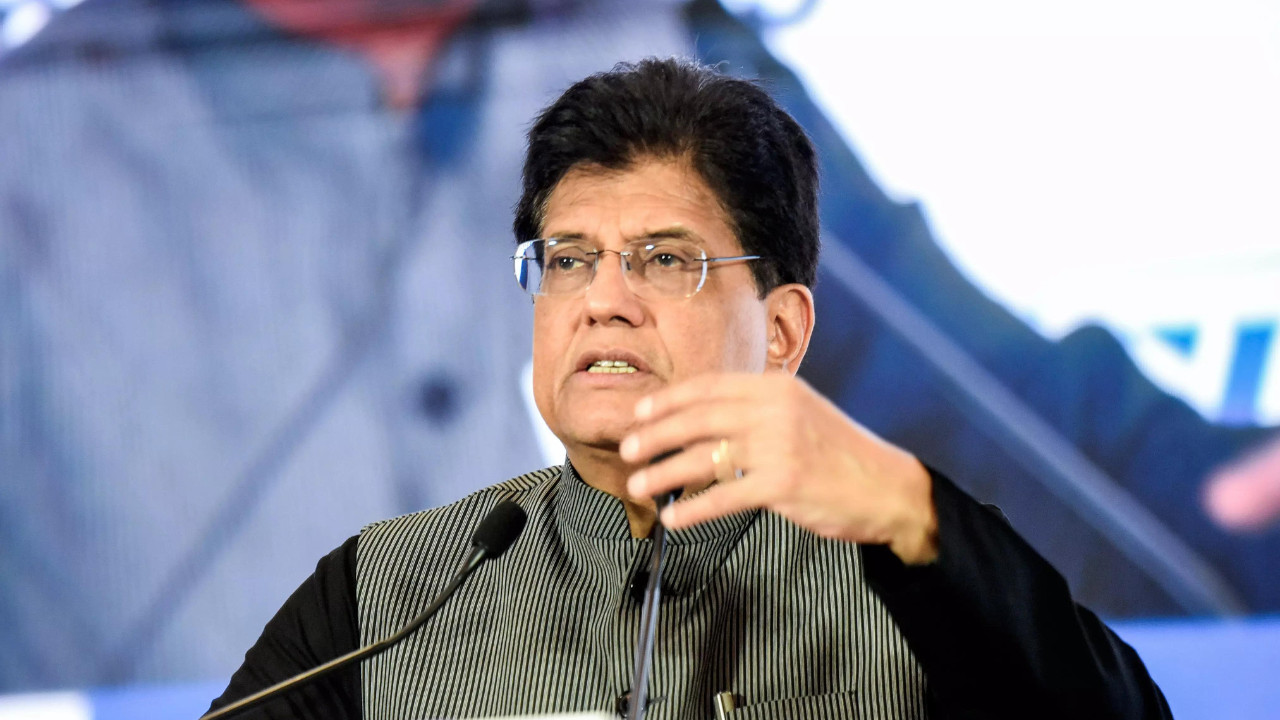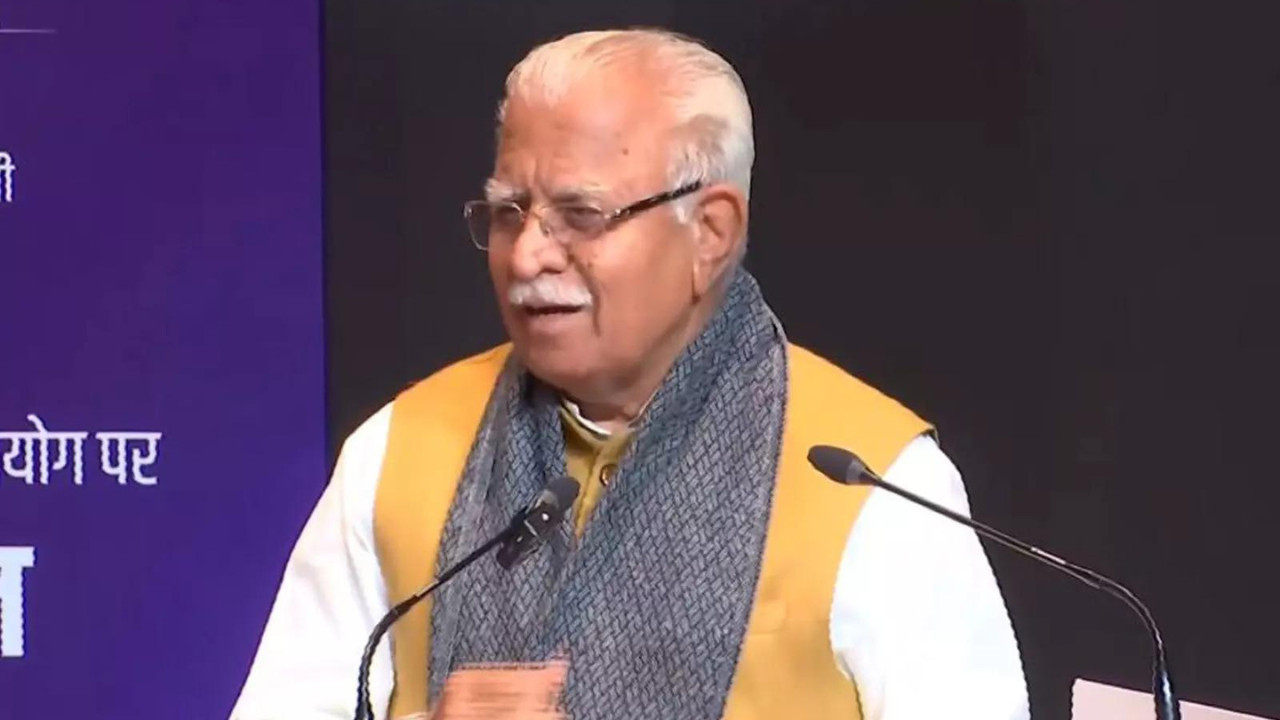Sebi has introduced a revised incentive framework for mutual fund distributors, effective February 1, 2026. This new structure aims to boost investor outreach by offering additional payouts for onboarding first-time individual investors from B-30 cities and new women investors. The commission, funded from existing investor education allocations, will be paid over and above regular trail commissions.
Expanding the MF Universe: How SEBI’s New Incentives Could Reshape Investing
The world of mutual funds can feel a bit like a hidden garden, lush with potential but often tucked away from those who could benefit most. For years, penetrating beyond the major metropolitan areas and truly democratizing access to investment opportunities has been a persistent challenge in India. That might be about to change.
The Securities and Exchange Board of India (SEBI) has just unveiled a set of incentives designed to encourage mutual fund distributors to broaden their reach, specifically targeting the often-underserved “B-30” cities (Beyond the Top 30) and incentivizing them to bring more women investors into the fold. These aren’t just minor tweaks; they represent a significant push to reshape the landscape of mutual fund investment in India. But what exactly do these incentives look like, and what impact could they have?
Decoding the New Incentive Structure
The core of SEBI’s initiative lies in providing financial encouragement to distributors. The specifics are fairly straightforward: distributors who successfully bring in new investors from B-30 locations will receive additional payouts. There’s also a special emphasis on onboarding women investors. Think of it as SEBI planting seeds, hoping for a flourishing ecosystem of investment, especially in regions and demographics that have historically been overlooked.
The details, while still being finalized, suggest a tiered approach, meaning the more successful a distributor is in reaching these target groups, the greater their potential rewards. This incentivizes not just reaching B-30 locations, but also cultivating long-term relationships with new investors, a crucial step in fostering financial literacy and long-term investment habits. This is a welcomed move as understanding investment risks is important before getting started.
Why B-30 Cities and Women Investors?
The focus on B-30 cities stems from the recognition that economic growth isn’t evenly distributed. While major metropolitan areas often enjoy robust investment activity, smaller cities and towns can lag behind. By incentivizing distributors to focus on these areas, SEBI hopes to unlock the untapped potential of these markets, bringing financial opportunities to a wider segment of the population.
The emphasis on attracting women investors is equally crucial. For a variety of societal and economic reasons, women are often underrepresented in the investment world. Bridging this gap not only empowers women financially but also contributes to a more balanced and inclusive economy. SEBI’s initiative recognizes that targeted efforts are needed to overcome these historical disparities and create a level playing field.

Potential Impact and Challenges
The potential impact of these mutual fund incentives is significant. We could see a surge in investment activity in B-30 cities, boosting local economies and creating new opportunities for individuals and businesses alike. Increased participation from women could lead to greater financial security and independence for women across the country.
However, the road to success isn’t without its potential bumps. One key challenge will be ensuring that distributors are not simply chasing incentives without adequately educating and supporting new investors. Responsible distribution is paramount. It’s not enough to just get people to invest; they need to understand the risks and rewards involved and make informed decisions.
Another challenge is logistical. Reaching investors in remote areas can be difficult, requiring innovative strategies and a commitment to building trust. Overcoming these hurdles will require collaboration between SEBI, mutual fund companies, and distributors.
Looking Ahead: A More Inclusive Investment Landscape
SEBI’s new incentives represent a bold step towards creating a more inclusive and equitable investment landscape in India. By focusing on underserved markets and demographics, they are aiming to unlock the potential of a vast pool of new investors and drive sustainable economic growth.
Whether these incentives are going to completely reshape the investment landscape cannot be said, but they are definitely set to create a shift. The success of this initiative will depend on the commitment of all stakeholders to responsible distribution, investor education, and a genuine desire to empower individuals to achieve their financial goals. As these new initiatives unfold, we will continue to cover them, offering insights and analysis.







